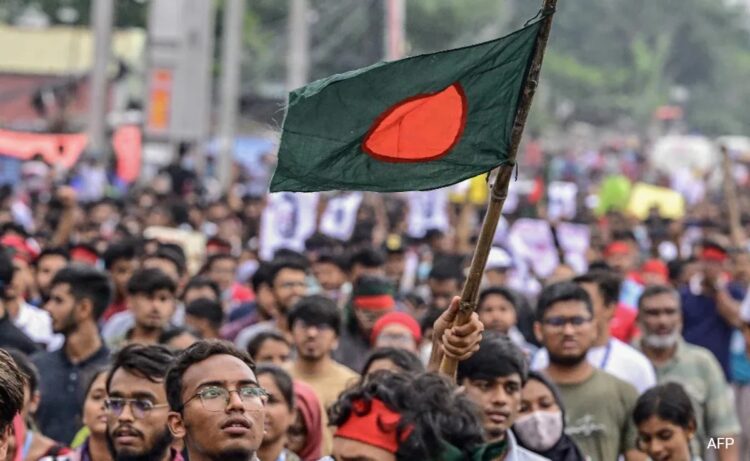At least 91 people were killed on Sunday due to violent clashes in the student protests against quota reforms in Bangladesh. In response, India has advised its citizens not to travel to Bangladesh until further notice, amid the renewed protests demanding Prime Minister Sheikh Hasina’s resignation.
The protests began last month when the Bangladesh High Court ruled to reinstate a 30% quota in government jobs for descendants of freedom fighters. Prime Minister Hasina’s refusal to meet the students’ demands to reverse the order intensified the protests, leading to violent confrontations with police and government supporters.
So far, over 200 people have been killed, and several others injured. The government cut off broadband and internet connectivity for 11 days, which was gradually restored. Though the protests had briefly subsided as talks with the government commenced, they reignited as students called for a nationwide civil disobedience movement and demanded Hasina’s resignation.
The students are also calling for a public apology from Hasina for the deaths, the removal of several ministers, and the reopening of schools and universities closed due to the intensified protests. The United Nations’ human rights chief, Volker Turk, urged the Bangladeshi government to end the “shocking violence” and stop targeting peaceful protesters.
The Indian government, in light of the ongoing unrest, has issued a travel advisory asking citizens to exercise caution, limit movements, and stay in contact with the High Commission of India in Dhaka through emergency phone numbers 8801958383679, 8801958383680, and 8801937400591.

















Comments